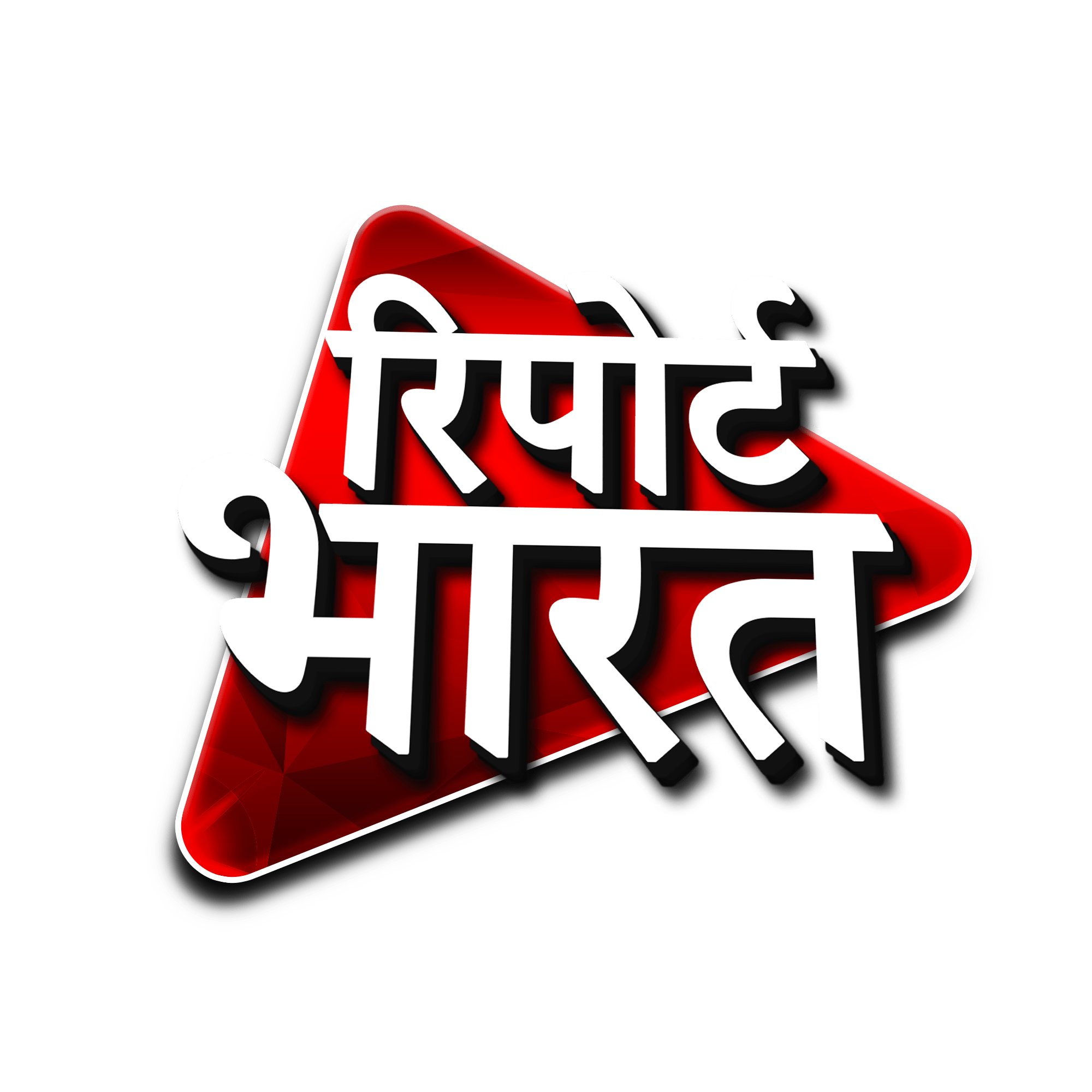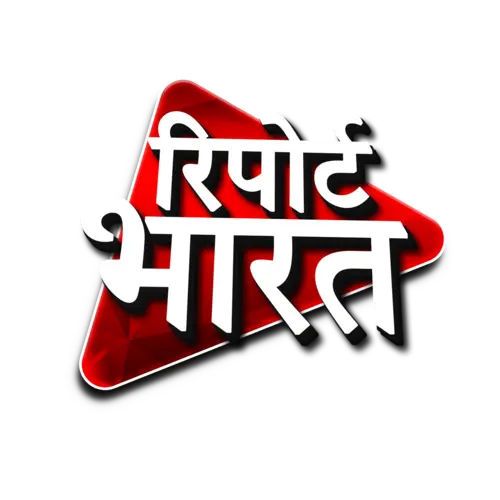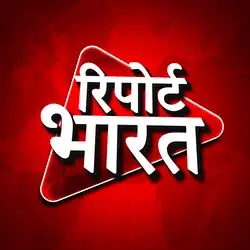According to reports, the government of Bangladesh bans prominent social networking sites including YouTube, Instagram, and Tik Tok nationwide on Friday.
Access to a number of well-known social media sites, including YouTube, WhatsApp, Instagram, and TikTok, is banned in Bangladesh. On Friday, August 2, the decision was made, and it has an impact on users all over the country.
The ban was initially reported by Global Eyes News via its official X account. The statement verified that certain social media platforms will not be available in Bangladesh starting on Friday.
Previous Meta Platform Restriction
Instagram and Facebook for Meta were previously suspended in July, and this most recent ban comes after that. The previous shutdown was a reaction to the general dissatisfaction caused by the quota revisions. According to sources, on August 2, at approximately 12:15 PM, mobile network access to Meta’s platforms was disabled.
The present limits, in contrast to the prior complete closure, are purportedly focused on mobile data connections. This methodical strategy seeks to restrict usage without totally stopping internet services.
Internet Speed and VPN Usage
According to reports, on August 1, the nation’s internet speed resumed its typical levels. However, a predicted increase in the use of Virtual Private Networks (VPNs) is occurring as a result of the Facebook limitation, which may slow down internet connections for millions of mobile network users.
This action was taken soon after Turkey earlier that day declared an Instagram ban. The timing points to a potential international pattern wherein countries regulate social media use during times of political instability or turmoil.
Bangladesh July Internet Restriction
This prohibition is a part of the July internet restrictions that were put in place. First, mobile internet was turned off on July 17. Then, on July 18, broadband was turned off. Mobile networks remained unavailable until July 28, even though broadband connections were mostly restored on July 23.
For millions of users who depend on these platforms for information and communication, the effects of these restrictions have been profound. Discussions over Bangladesh’s freedom of expression and information access have been triggered by the government’s actions.





